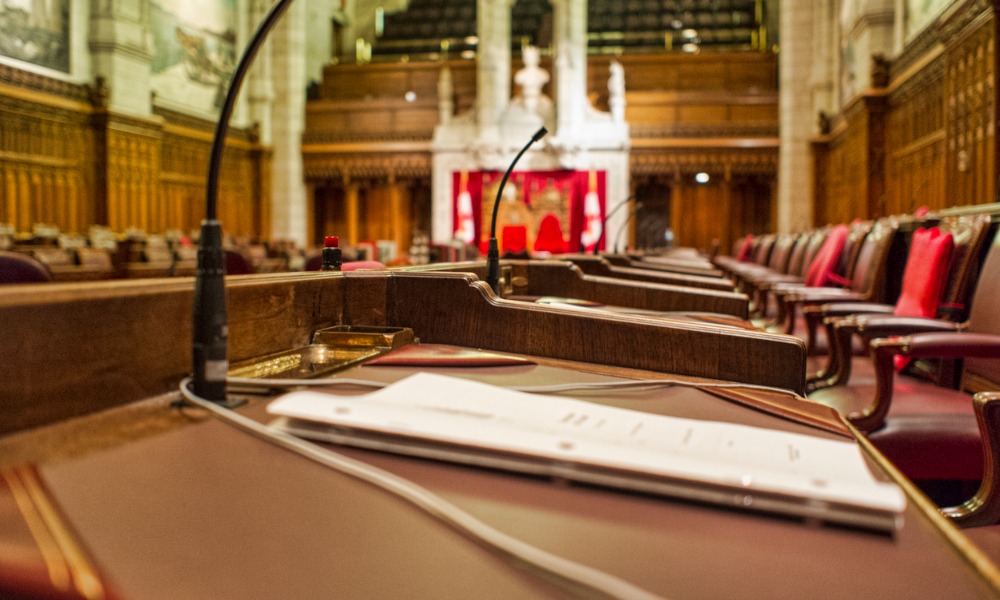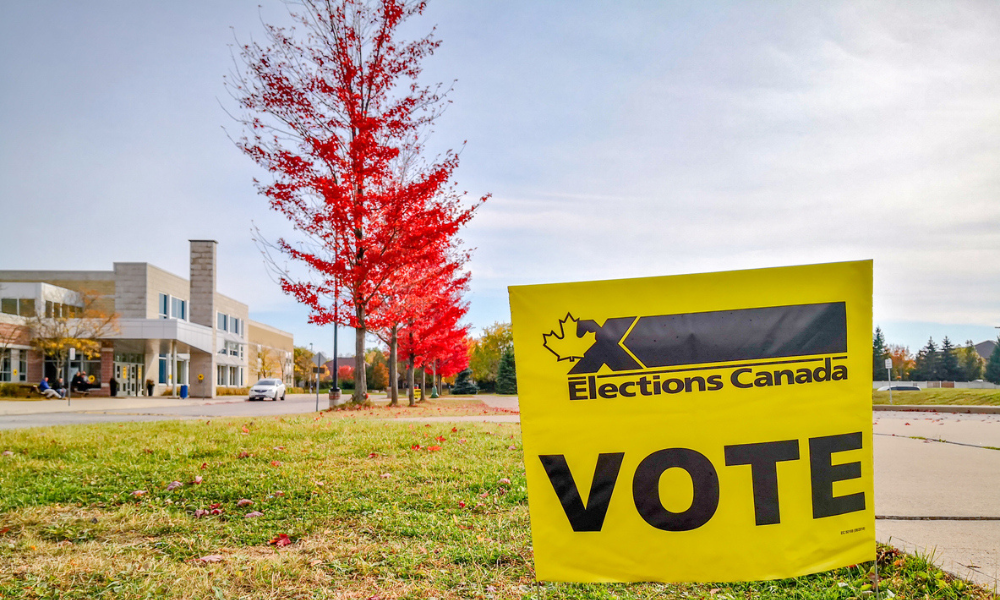A doctor who acted out a “vendetta” against an arbitrator who subsequently sued for damages has been told she must pay tax on her legal fees.
The Tax Court of Canada has ruled that Linda Patry’s legal fees are not tax deductible as they were not incurred in the normal course of her work as a medical doctor.
The fees related to legal advice during a case brought by Barrie Neff, a lawyer who had acted as an arbitrator in a tenancy dispute she was having.
Neff ruled against Patry, who then embarked on a campaign aimed at undermining Neff’s professional standing.
Patry had Neff arrested, claiming he was stalking her and suggesting he was a sex offender. She also reported him to the Law Society of British Columbia and said, in her medical opinion, that he was psychiatrically unstable.
In 2012, the Supreme Court of British Columbia ordered her to pay damages of $50,000, jointly with Neff’s jilted partner, Terry Diane Anderson, who had also made serious accusations against him. Patry was held additionally liable for $10,000 in punitive damages.
The ruling, by Justice Ronald Holmes, said: “The defendant Patry formed an intense dislike of the plaintiff and a desire for revenge for his finding against her in the arbitration, which grew and expanded beyond her properly seeking redress of a legal wrong into a vendetta to strip him of his job, professional standing, and finally to have him subjected to criminal prosecution.”
Neff was called to the bar in 1977 and articled at a Victoria law firm. He has worked at the Lower Nicola Indian Band, West Coast Savings Credit Union, the Residential Tenancy Branch of British Columbia, and in private practice.
However, following his arrest and the reporting of the events in the press, he was “ashamed and humiliated” and his practice dwindled. At the time of last year’s judgment, he was working as a pipe fitter in northern Alberta.
Patry claimed $21,000 of tax deductions from her legal fees but was denied by the minister of national revenue.
She appealed to the Tax Court, arguing that she had needed to fight the lawsuit to avoid being stripped of her license to practise medicine. She had, indeed, had her license removed for a brief period.
The Income Tax Act, generally speaking, allows for the deduction of expenses incurred for the purpose of earning income from a business or property, Justice Robert Hogan said in Kelso Patry v. The Queen last week.
But case law suggests that for legal expenses to be deductible, they must have arisen in the normal course of a person’s income-earning operations and be “directly related” to these operations, the decision adds.
Patry failed to establish that the Neff lawsuit was directly related to her rental operations or bore “anything more than an incidental relationship” to her medical practice, Justice Hogan said. Her appeal was dismissed.
The Tax Court of Canada has ruled that Linda Patry’s legal fees are not tax deductible as they were not incurred in the normal course of her work as a medical doctor.
The fees related to legal advice during a case brought by Barrie Neff, a lawyer who had acted as an arbitrator in a tenancy dispute she was having.
Neff ruled against Patry, who then embarked on a campaign aimed at undermining Neff’s professional standing.
Patry had Neff arrested, claiming he was stalking her and suggesting he was a sex offender. She also reported him to the Law Society of British Columbia and said, in her medical opinion, that he was psychiatrically unstable.
In 2012, the Supreme Court of British Columbia ordered her to pay damages of $50,000, jointly with Neff’s jilted partner, Terry Diane Anderson, who had also made serious accusations against him. Patry was held additionally liable for $10,000 in punitive damages.
The ruling, by Justice Ronald Holmes, said: “The defendant Patry formed an intense dislike of the plaintiff and a desire for revenge for his finding against her in the arbitration, which grew and expanded beyond her properly seeking redress of a legal wrong into a vendetta to strip him of his job, professional standing, and finally to have him subjected to criminal prosecution.”
Neff was called to the bar in 1977 and articled at a Victoria law firm. He has worked at the Lower Nicola Indian Band, West Coast Savings Credit Union, the Residential Tenancy Branch of British Columbia, and in private practice.
However, following his arrest and the reporting of the events in the press, he was “ashamed and humiliated” and his practice dwindled. At the time of last year’s judgment, he was working as a pipe fitter in northern Alberta.
Patry claimed $21,000 of tax deductions from her legal fees but was denied by the minister of national revenue.
She appealed to the Tax Court, arguing that she had needed to fight the lawsuit to avoid being stripped of her license to practise medicine. She had, indeed, had her license removed for a brief period.
The Income Tax Act, generally speaking, allows for the deduction of expenses incurred for the purpose of earning income from a business or property, Justice Robert Hogan said in Kelso Patry v. The Queen last week.
But case law suggests that for legal expenses to be deductible, they must have arisen in the normal course of a person’s income-earning operations and be “directly related” to these operations, the decision adds.
Patry failed to establish that the Neff lawsuit was directly related to her rental operations or bore “anything more than an incidental relationship” to her medical practice, Justice Hogan said. Her appeal was dismissed.







